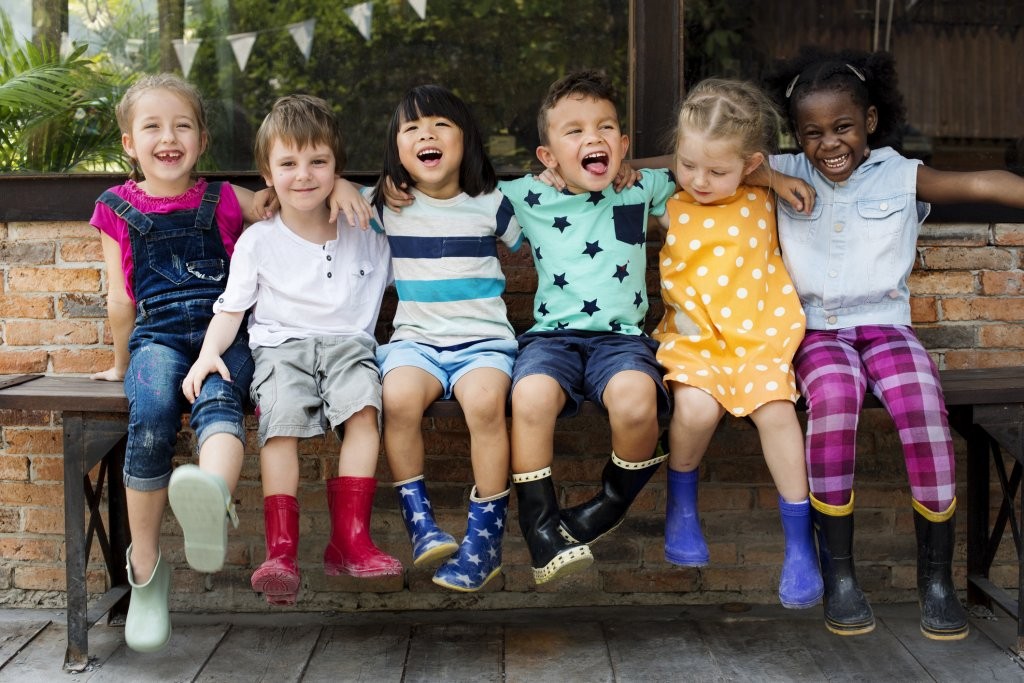One of the most important things you can do for your children is to teach them about feelings. In our first article on this subject, we discussed why emotional literacy is critical, and why it can be hard for children to learn (and parents to remember). In this article, we'll share a few guidelines and tips for dealing with strong emotions and navigating our internal feelings.
It's not what you feel, but what you do with a feeling that is important.
Many parents have missed out on learning about emotions themselves (or certain emotions) when they were younger. For these people especially, separating out the feeling from the action/behaviour can be a challenge.
It is important not to explicitly or indirectly tell a child it is not okay to feel a certain feeling. A classic example is anger. In many of my conversations with parents, anger is viewed as not only a negative emotion, but also a dangerous one. The feeling itself is not dangerous; however acting out in anger can be very dangerous.
It is okay to feel angry; there is nothing bad about anger itself. In fact anger can be a signal that lets you know when to protect yourself; to stand up for yourself and your rights or someone else's; or that you're feeling afraid, threatened or misunderstood. Parents might respond to an angry child, to help them understand the difference, by saying "I can see you are very angry about XYZ, but it is not okay to hit/scream/spit/kick etc".
If a child repeatedly receives a message that a particularly feeling, or category of feelings (i.e. positive emotions - joy, happiness, love, etc - or negative ones - anger, sadness, or hatred) is not okay, they do not stop feeling those feelings. Instead, they learn to deny, minimise, or rationalise away the feeling, until they eventually stop acknowledging or recognising it at all.
This results in a child (and eventually an adult) who is unable to understand a certain type of emotion, and who is more likely to express or act out these feelings in less helpful ways (e.g. explosive aggression when unacknowledged or unexpressed anger builds up or self-hatred for experiencing forbidden feelings).
How can a person manage their emotions?
Emotion regulation refers to a person's ability to understand and accept their emotional experience, to engage in healthy strategies to manage uncomfortable emotions when necessary, and to engage in appropriate behaviour when experiencing strong emotions.
The intensity with which we experience feelings, and level of control we can exert over what we do with them, is determined by a variety of factors, such as developmental stage, environmental support (or lack of support) for developing emotional literacy and regulation skills, temperament, social support, fatigue and stress, etc.
It is important to firstly understand the circumstances when, and reasons, you as a parent might have difficulty acknowledging and managing your own feelings. If we find it hard to acknowledge what we feel, judge ourselves, or feel too uncomfortable about feeling a certain way, we may have real difficulties helping our children with them. Being really tired, or prioritising everyone else's needs over your own can reduce your tolerance for and ability to manage strong emotions in helpful ways. If there is one aspect of life that can elicit strong emotions, its parenting!
Instead of thinking we shouldn't feel a certain way, simply noticing how you actually feel and then thinking of healthy ways to manage that feeling can help reduce the intensity and duration of an unwanted emotion. Avoiding feelings or pretending we don't feel a certain way can be counterproductive, as these feelings can become more intense and remain around for longer, creating greater problems in the long term.
No one is suggesting you have to drop everything every time you, or your child, has a feeling. Nor do you have to dwell on your emotions or constantly talk about how you feel. Recognizing, respecting, and accepting your feelings as they happen are the most helpful things you can do for yourself and your child.
The internet is full of feelings songs, posters, activities that you can do with your children. I have included some below for your information. If you have an infant or toddler who is too young for these activities, labelling their feeling and talking about their feelings in everyday situations is a key task of early childhood. For example, talking to even the youngest of babies about what you are doing when they are crying (e.g. you're sad / you got a fright), whilst you prepare to feed them (e.g. your hungry and Mummy's just not quick enough), or whilst changing them (e.g. it's cold / you just want a cuddle / you don't like it when I change your nappy do you), using a calm, soothing voice is the very foundation of emotional literacy.
In future articles, I will look at how understanding your child's developmental stage can help you set realistic expectations and provide appropriate support for their emotional development; as well as the "how to" strategies for supporting your child's emotional development.
Do you have any concerns about your child's emotional literacy or your ability to balance your own emotions? These are common issues, and nothing to be ashamed of. Sometimes it helps to get support from a trained psychologist. If you are experiencing these issues, contact us today.
Here are a few YouTube videos with some ideas to get you started with you children whilst you're waiting for the next article:
Exploring Feelings (PBS)
Teaching young people about feelings (Chris Meyer)
The Feelings Songs (KidsTV123)
Click here if you didn't catch the first part of this article on Emotional Literacy...

We've tailored the services at RWA Pyschology - Family Matters to all age groups from young children to adolescents and adults - and we have specialists in crisis, short/medium term counselling and longer term psychotherapy.
Call RWA psychology for an appointment with one of our psychologists.
